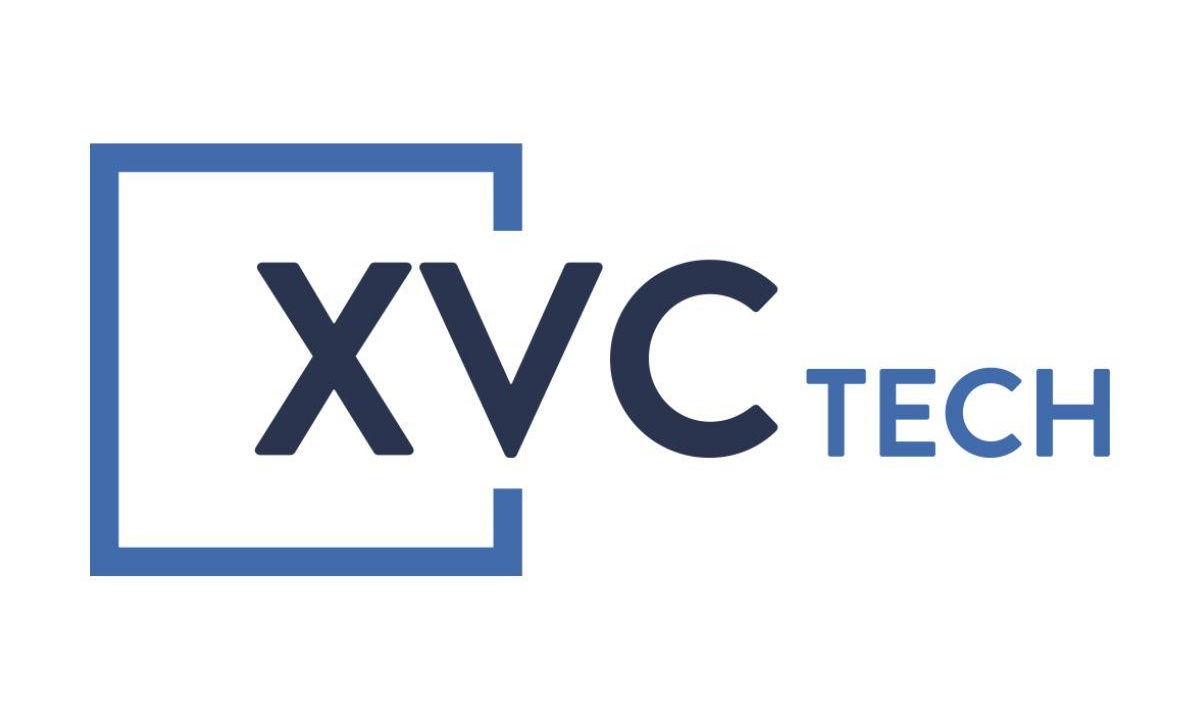The phrase green cryptocurrency seems like an oxymoron. However, a new “green” cryptocurrency called Chia has found an eco-friendly way of minting new coins. The company Chia Network is set to start trading May 3rd, and has already received considerable backing from a number of investors.
Bitcoin has been criticised for the high energy consumption it requires in its mining process. The Bitcoin Proof of Work (PoW) concept is used across the board in cryptocurrency mining as the original consensus algorithm in the blockchain network. Several mainstream media outlets have pointed out the comparable energy consumption of the Bitcoin network to the requirements of a number of small countries. Chia Network’s Chia uses what they refer to as “proofs of space and time” to farm, rather than mine, their coins.
This model requires far less energy, as the Chia whitepaper outlined earlier this year:
“Specialised ‘mining’ hardware is increasingly owned and operated by just a few large entities in purpose-built large data centres located near inexpensive sources of electricity ... This centralisation has lowered trust and raises difficult issues regarding electricity consumption, e-waste, carbon generation, and geopolitics,”
The cryptocurrency was created by Bram Cohen- who is best known for developing the peer-to-peer BitTorrent protocol- and aims to break with the previous high-energy mining methods.
A number of crypto companies are moving to greener pastures, with Argo Blockchain recently collaborating with DMG Blockchain solutions to collaborate on a green Bitcoin mining pool. As Chinese bitcoin mining makes up a large percentage of the global bitcoin mining, concerns surrounding the high-polluting industrial coal power plants, have led to greener alternatives such as Chia emerging.
Disclaimer: This article is provided for informational purposes only. It is not offered or intended to be used as legal, tax, investment, financial, or other advice.
Investment Disclaimer













